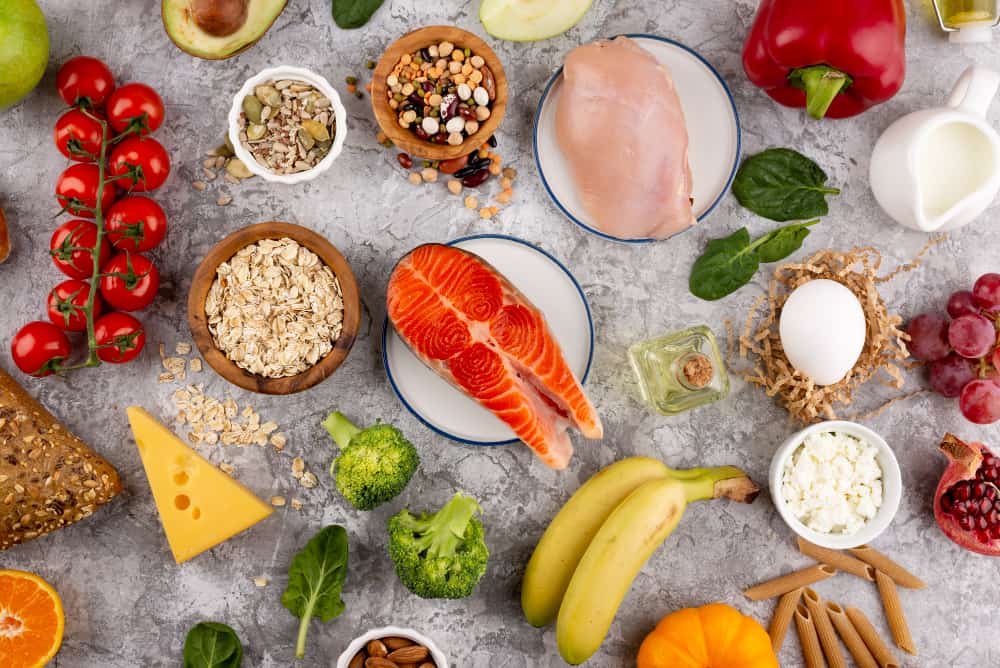In the realm of nutrition, protein stands out as a crucial macronutrient that plays a pivotal role in virtually every bodily function. It aids in muscle repair, supports immune function, and contributes to a feeling of fullness, which can help with weight management. However, not all protein sources are created equal. It’s important to choose foods that not only meet your protein needs but also fit into a balanced and nutritious diet. Whether you’re a fitness enthusiast, someone looking to manage your weight, or simply striving to maintain a healthy lifestyle, incorporating a variety of protein-rich foods into your diet is key.
Understanding the importance of protein, this article delves into the top 12 foods high in protein. These selections are not only packed with this essential macronutrient but also possess other vital nutrients that support overall health. From animal-based proteins to plant-based powerhouses, this guide aims to cater to a wide array of dietary preferences, ensuring that everyone can find options that suit their lifestyle. So, let’s embark on this protein-rich journey, exploring the best sources to enhance your diet and, ultimately, your health.

Why do we Need Protein?
- Muscle Growth and Repair: Protein is essential for building muscle mass and repairing tissue damage that occurs during physical activities. Amino acids in protein help heal and rebuild muscle fibers, making protein crucial for athletes and those engaged in regular exercise.
- Hormone Production: Proteins are involved in the creation and function of hormones, which act as chemical messengers in the body. These hormones regulate various physiological processes, including metabolism, stress response, and growth and development.
- Enzyme Function: Many enzymes are proteins that catalyze biochemical reactions in the body, making them vital for digestion, energy production, and numerous other metabolic processes.
- Immune System Support: Proteins help form antibodies, which are essential for the immune system to fight off viruses, bacteria, and other pathogens, maintaining the body’s defense against infections and illnesses.
- Transport and Storage: Protein molecules play a critical role in transporting and storing nutrients throughout the body. Hemoglobin, a protein in red blood cells, transports oxygen to tissues, while other proteins carry vitamins, minerals, and energy sources.
- Structural Support: Proteins provide structural support to cells and tissues, forming a framework for the body. Collagen and keratin, for example, are proteins that give strength and elasticity to skin, hair, and nails.
- Regulating Body Functions: Proteins are involved in regulating the body’s fluid balance, pH levels, and blood pressure, ensuring that physiological systems operate smoothly and efficiently.
- Weight Management and Satiety: High-protein diets are known to enhance satiety, reduce hunger levels, and increase metabolism, which can help in weight management and reduce the risk of obesity.
- Energy Source: Although proteins are primarily used for their functional and structural roles, they can also serve as an energy source, especially when carbohydrates and fats are not available.
- Cell Signaling and Communication: Proteins play a key role in cell signaling mechanisms, allowing cells to communicate with each other. This is crucial for coordinating biological processes across different parts of the body.
